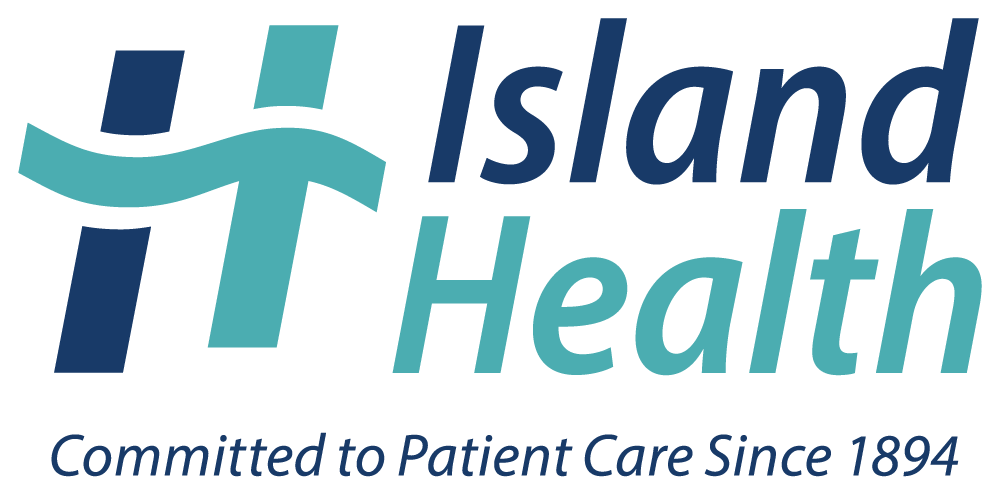Dermatology
What is Dermatology?
Dermatology is the medical specialty that focuses on the prevention, diagnosis, and treatment of conditions related to the skin, hair, and nails. Dermatologists are specialised doctors who can help you manage a wide range of skin conditions.
Dr Duncan Watt and Dr Ian Baxendale are GPs with specialist interest and extra training in Dermatology.
What dermatological treatments can be offered at IslandHealth?
At your initial consultation, a history and examination is performed. Sometimes simple investigations such as blood tests or skin samples are suggested. This can be in the form of scraping a sample of skin, or sampling it with a biopsy (a small surgical procedure where a piece of skin is cut out and sent for analysis).
Following a diagnosis, your doctor will offer you the most suitable treatment(s). These may include prescriptions for creams or tablets, ‘freezing the skin’ known as cryotherapy or a small operation.
Sometimes alternative treatments are suggested, such as specialist injections; particularly useful for problematic scars or sweating under the arms.
In some instances, monitoring is suggested. This may mean a follow up consultation, or recommendation to have photographic surveillance such as our Mole Mapping service.
What types of surgery do you offer?
We can deal with most skin problems that require surgery in our medical centres. This includes:
- Low risk skin cancers
- Non-cancerous moles that cause symptoms
- Skin Tags
- Cysts
- Lipomas
- Ingrown toenails
But not all skin problems that require surgery can be managed at IslandHealth. In these circumstances, there are a network of specialists we can refer you to promptly for ongoing care. This is particularly the case with the higher risk skin cancers such as malignant melanoma.
When are Dermatology appointments available?
We have dermatology appointments available each working morning and afternoon at L’Aumone Surgery (apart from Friday afternoons). We also have appointments at our Town Surgery on Tuesday afternoons (Dr Baxendale), and St Sampson’s Surgery on Thursday mornings (Dr D Watt).
What about Skin Cancers? And what is Dermoscopy?
Skin cancers is very common and arguably always curable if caught early. Therefore it is important to see the doctor if you ever have a new or changing skin lesion as soon as possible. Most of the time, skin lesions such as moles are looked at under a special microscope known as a dermatoscope. This allows the doctor to look at certain characteristics and patterns and often can make a confident diagnosis from what is seen. If a skin cancer is suspected, most of the time, surgical removal is recommended. But occasionally we may suggest using special creams or cryotherapy.
What is a Skin Cancer MDT?
A MDT (or Multidisciplinary team), is a group of healthcare professionals from different fields of expertise. In Guernsey, the Skin Cancer MDT is made up of Consultants, Surgeons, a Histologist and GPs that have specialist in Dermatology. Both of our dermatology doctors attend this MDT meeting regularly, which is held twice a month at the local hospital. Together, the team discuss patients who have higher risk skin cancer to agree a consensus as to the best treatment pathway to offer.
Mole Mapping
If you have lots of moles or a personal or strong family history of skin cancer, you may benefit from Mole Mapping. This state-of-the-art photographic surveillance uses clinician input and artificial intelligence to look for the subtle changes that may represent early skin cancer. For more information, please look at our page dedicated to this service.
Can you help me with hair loss?
This depends on the reason for your hair loss and the diagnosis. Once a clear diagnosis is made, there are topical treatments that can be recommended. In some conditions, special injections can be given if appropriate. This is particularly useful for alopecia areata, but also frontal fibrosing alopecia. There are also some topical products and privately prescribed medication
What about Skin Camouflage?
Sister Kate Morris, one of our highly trained nurses offers skin camouflage consultations via the ‘Changing faces charity’. This is particularly useful for conditions such as melasma, port wine stains/ birth marks and vitiligo. Please contact the practice if you would like a consultation with Kate.
What qualifications do you have?
Both Dr Duncan Watt and Dr Ian Baxendale have specialist postgraduate diplomas in Clinical Dermatology. Both achieved their qualifications with a distinction grade.
Dermatology Specialists

Dr Duncan Watt
MBBS MRCGP DRCOG PGDipClinDerm LoC-SDI
Interests in dermatology, minor surgery and men’s health
Read More
Dr Ian Baxendale
MB ChB DRCOG MRCGP PgDip Derm
Interests in family medicine, dermatology, dermoscopy and palliative care
Read More



